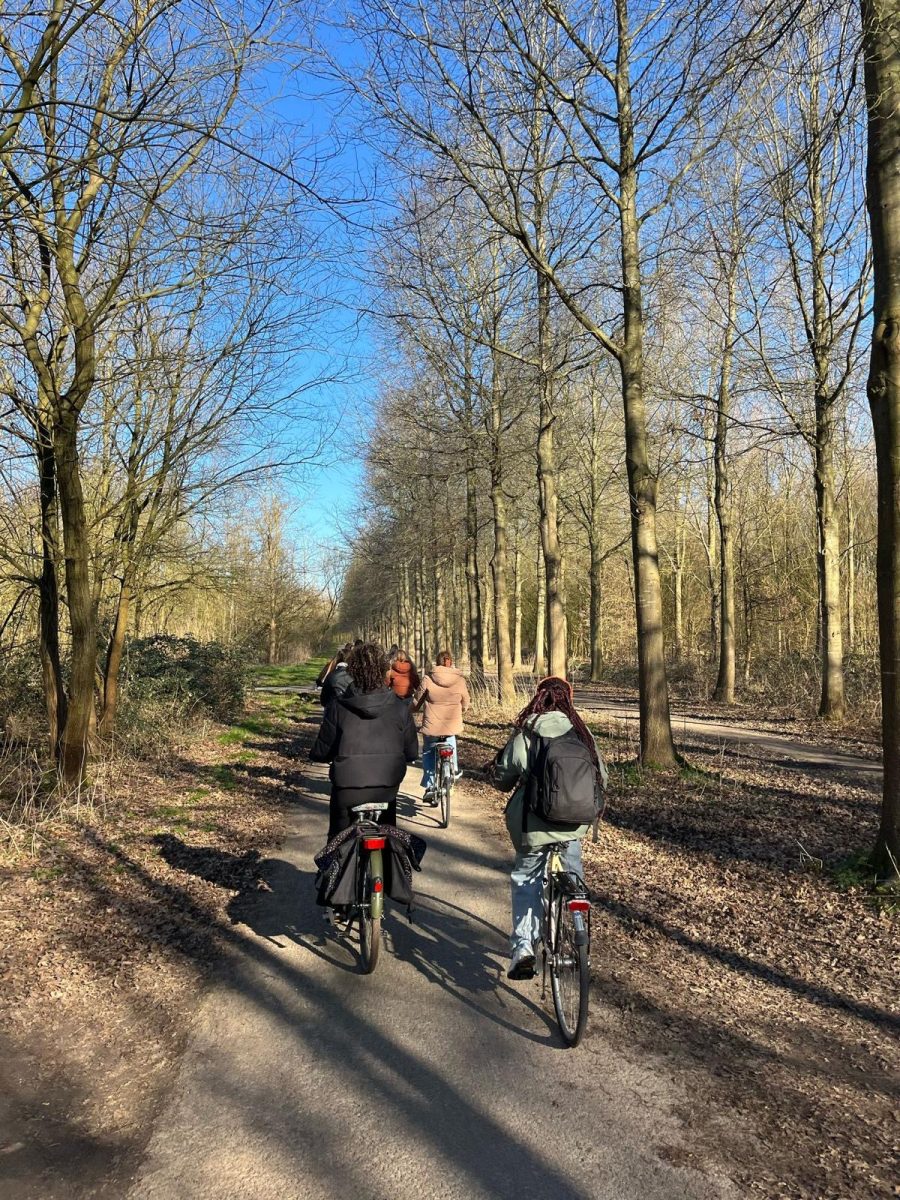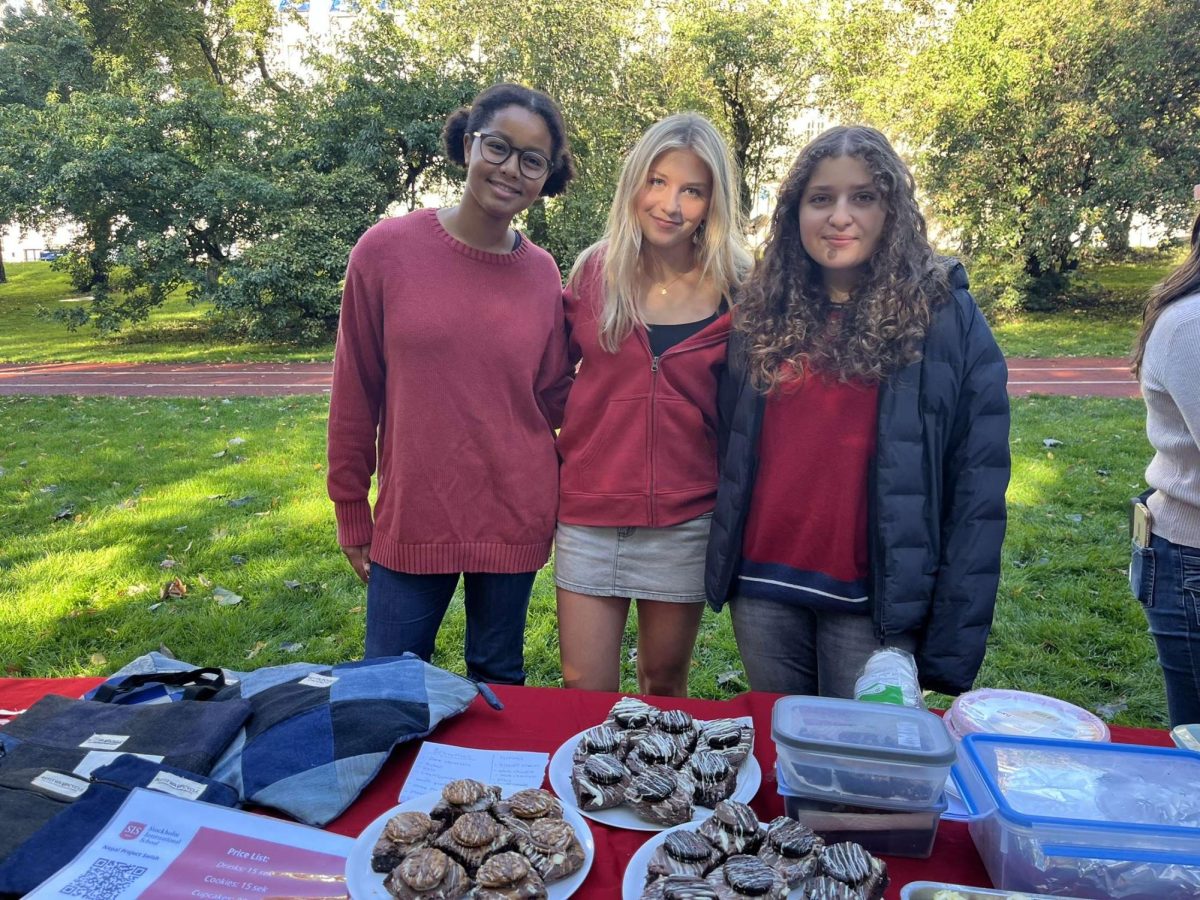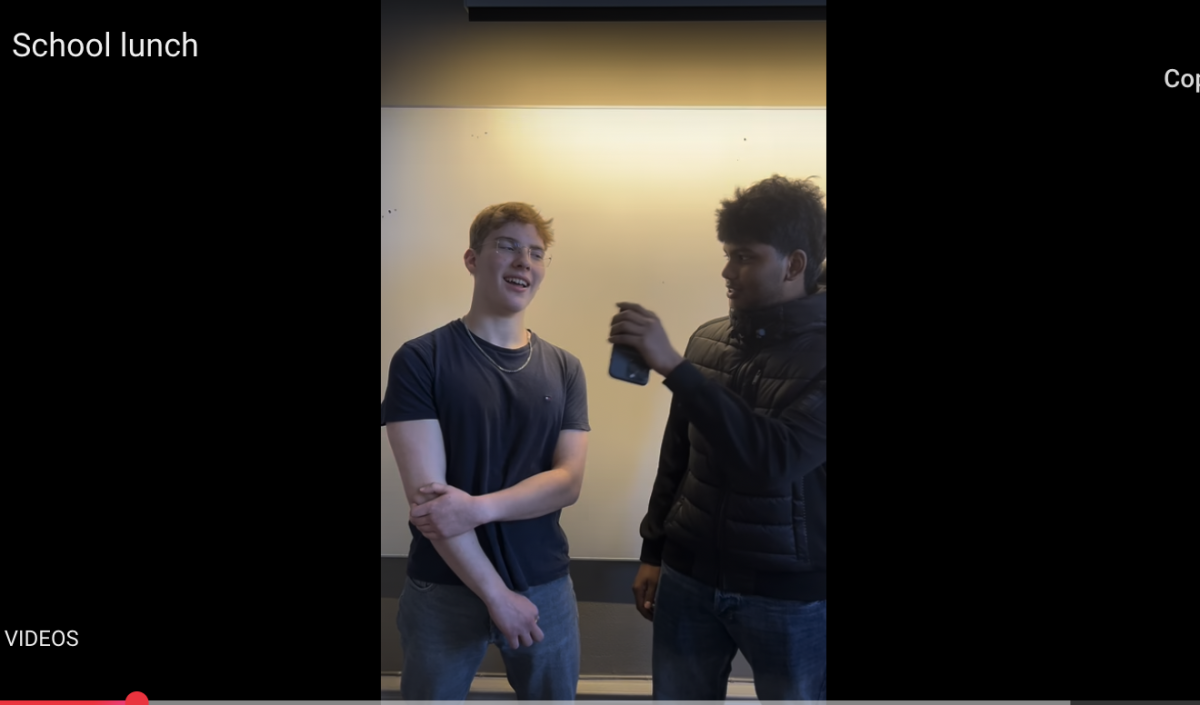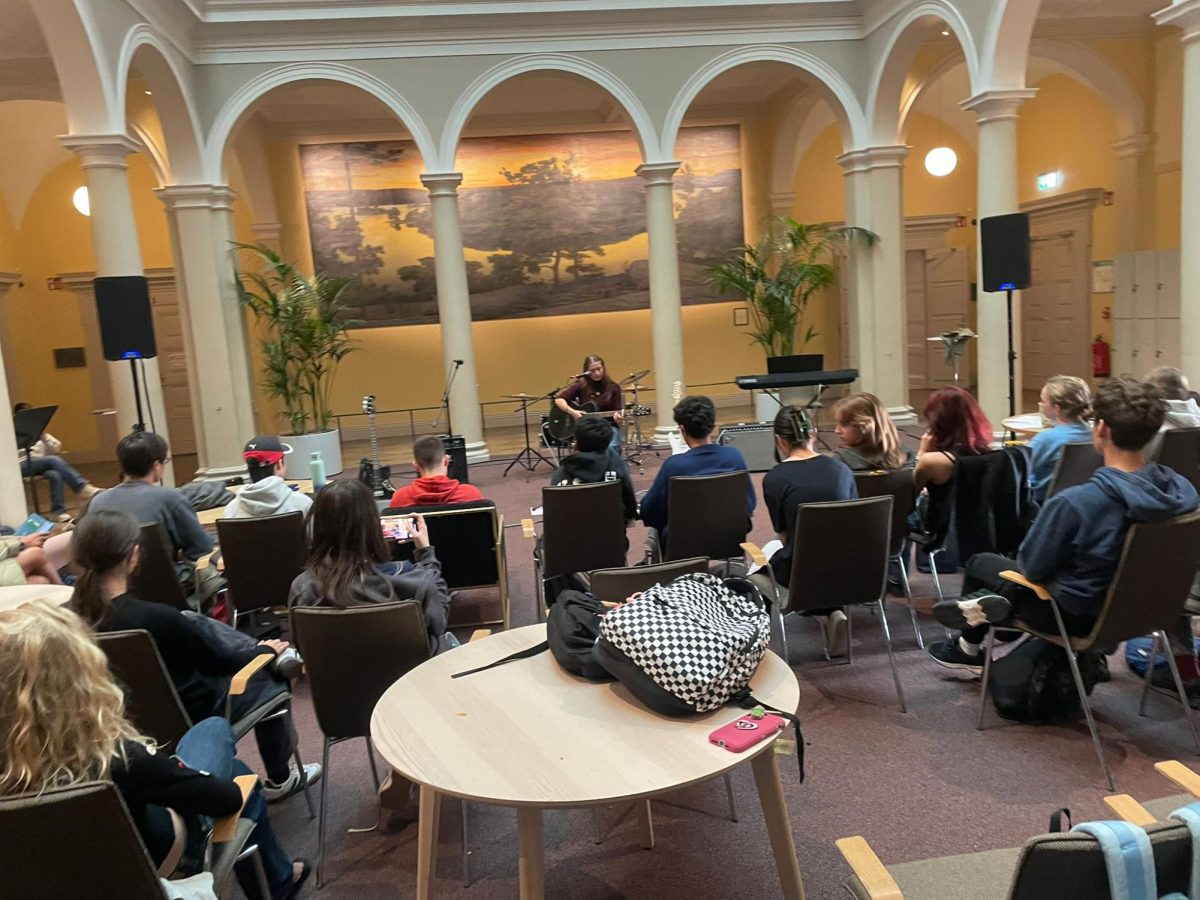A couple of weeks ago, a group of SIS students who are a part of Erasmus+ Team Sweden at SIS travelled to Weesp in the Netherlands. They stayed with local families from the host school to learn more about Dutch culture. This was an enriching cultural exchange between students in which they learnt from each other and became more open-minded IB students.
Annabel A. said that when they “all had arrived in Weesp, they were happy and excited,” about what was to come. They were given a tour of the school, and had a sort of ‘discovery of Weesp’ tour, which was the place they stayed for the week.
The next day, they took a bike ride, which was a different cultural experience for most of the Swedish team. They also “went to a special house in the middle of the Netherlands in the countryside, where we celebrated Koningsdag. We all wore orange to celebrate the spirit of the Netherlands and we played all of the traditional games which helped us learn all about Dutch culture.”
On Wednesday they went to Amsterdam, where they visited the Van Gogh museum, a famous market called Albert Cyup and the Rijks Museum. This was a special cultural experience as many of the students were new to Amsterdam. They had the option to stay in Amsterdam to explore the city and its beautiful treasures a bit longer. Annabel and her friends took this opportunity to do just that and stayed for a long time afterwards to shop and explore the city.
On Thursday, they visited the famous Dutch windmills in Zaanse Schans. The Netherlands is very well known for their old, traditional windmills used to pump water for farming and electricity. “We also got to discover all the famous, traditional Netherlandish things like the wooden shoes [clogs] and got to buy cheese.” The Netherlands is also known for its cheese such as its Gouda, which is the reason for the abundance of cheese-selling locations in the Netherlands.
Lastly on Friday, Annabel said that it was clear that this was “perhaps the most exciting day, as we made our own cheese. The students visited an organic farm, where they saw lots of cows and learned how to curdle cheese.“This was definitely a unique and exhilarating experience.” After this, students went home for their final event, the potluck dinner. Annabel said it was packed with “traditional Dutch food where we could indulge in different foods from different houses,” and that it was thrilling to have such a fun and exciting party at the end of the week, to celebrate this cultural unification of students.
The distinctive and special part of Erasmus+ is also of course the living situation- it is “an opportunity for us to meet new friends [and bond with people] from places abroad.” She now has so many new friends in the Netherlands, and it is clear that this means a lot to her.
The main difference that Annabel noticed between Weesp and Stockholm was that their “commute is very bike-centralised” and almost everyone travels everywhere by bike. She also noted that the people in Weesp, have a “village-based life” which heavily contrasts that “chaotic and hectic” city life of Stockholm. In Weesp, everyone knows one another and can easily meet up with each other.
It is clear that this experience was one of a kind for Annabel, and she thoroughly enjoyed her time there. She recommends Erasmus+ to all students as it can help you form bonds and learn so many new things about different cultures and other lifestyles.
“Cultural differences should not separate us from each other, but rather cultural diversity brings a collective strength that can benefit all of humanity” – Robert Alan.







